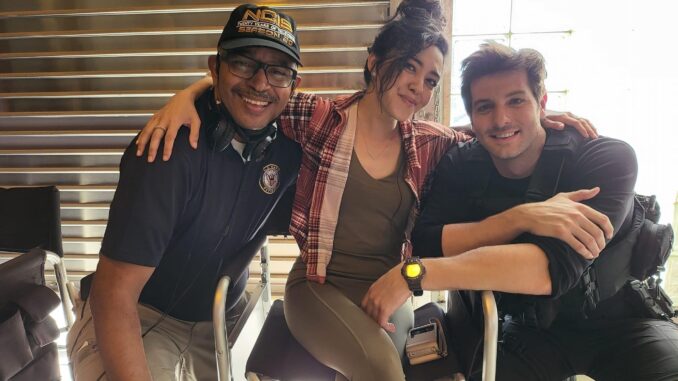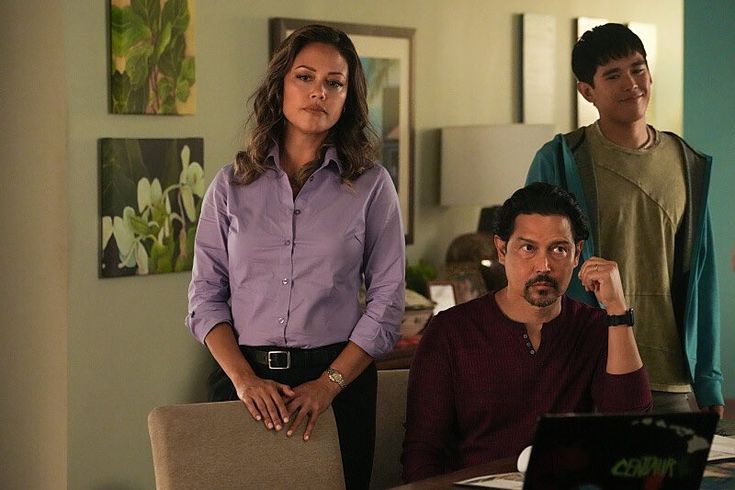
When You Can Laugh at Each Other, That’s What Makes a Great Show Ever!!!
Introduction: The Magic Behind Shared Laughter
Ever notice how the best shows are the ones that make you laugh out loud, even when you’re watching alone? That’s not a coincidence. Laughter is a bonding agent, a storytelling tool, and a memory-maker all rolled into one. It turns a good show into a great one and keeps us coming back season after season.
Let’s dive into why humor—especially the kind where characters can poke fun at each other—creates the most unforgettable television experiences.
The Power of Shared Humor
Laughter isn’t just about jokes; it’s about connection. When characters on a show laugh at each other’s quirks, they invite us into their circle. We feel like part of the inside joke.
Humor as a Universal Language
Humor transcends cultural and language barriers. A perfectly timed eye-roll, a sarcastic remark, or a goofy mishap—these moments don’t need translation. They make us feel the story without overthinking it.
Why Inside Jokes Keep Audiences Loyal
Inside jokes within a show reward loyal viewers. They’re like Easter eggs for the audience, making us feel special because we “get it.” Think about Friends with “We were on a break!”—still quoted decades later.
The Balance Between Comedy and Storytelling
Too much comedy without substance feels empty. Too much drama without levity feels heavy. Great shows balance both, letting humor soften serious moments without undermining the story.
The Role of Comic Relief
Even in tense dramas like Breaking Bad, characters like Saul Goodman serve as comic relief, giving the audience a breather before the next intense scene.
Humor That Develops Character
The best jokes reveal personality traits. A sarcastic quip from one character and a deadpan reaction from another tell us more than pages of exposition ever could.
How Humor Builds Chemistry On-Screen
When characters can joke about each other’s flaws, it shows trust and comfort. That chemistry is contagious—we feel it through the screen.
Banter as a Sign of Deep Connection
From The Office’s Jim and Pam to Brooklyn Nine-Nine’s Jake and Amy, witty banter creates electric on-screen relationships we can’t get enough of.
Humor as Emotional Glue
Laughter is what characters fall back on after fights, heartbreaks, or disasters. It’s their way of saying, “We’re still okay,” without needing to spell it out.
Why Audiences Love Laughing at Conflict
Conflict + comedy = gold. Think Seinfeld’s petty arguments or Schitt’s Creek’s family bickering. We laugh because we recognize the absurdity in real-life squabbles.
Satire and Self-Awareness
Great shows aren’t afraid to poke fun at themselves. Meta-humor, where a show jokes about its own tropes, makes audiences feel like insiders.
Humor That Ages Well
Some jokes fade; others become timeless. Shows that stick to relatable humor—awkward encounters, family dynamics, workplace frustrations—stay funny decades later.
The Science of Laughter in Storytelling
Studies show laughter releases endorphins, boosting mood and creating a sense of connection. A show that makes us laugh literally makes us feel better.
Why Humor Makes Shows Rewatchable
We rewatch not just for the plot but for the moments that made us laugh unexpectedly. That anticipation builds a deeper emotional bond.
Laughing Together Creates Cultural Moments
When a show delivers a truly hilarious scene, it spills into real life—memes, TikToks, and group chats keep the moment alive long after the credits roll.
Final Thoughts – Why Humor Makes Great Shows Timeless
A great show doesn’t just entertain—it becomes part of your life. The jokes you quote, the scenes you replay, the characters who feel like friends—all because you laughed with them.

Conclusion
When characters can laugh at each other, it’s not just about the joke—it’s about trust, connection, and shared humanity. That’s why the funniest shows aren’t just good; they’re unforgettable. They create worlds we want to return to, time and time again, because they make us feel included in the laughter.
FAQs
1. Why does humor make a show more memorable?
Humor creates emotional connections, making characters and scenes stick in your mind long after you’ve watched them.
2. Can serious shows benefit from humor?
Absolutely. Even small doses of humor provide relief and make intense moments hit harder.
3. What’s the difference between good humor and forced humor in shows?
Good humor feels natural to the characters and story; forced humor feels like it’s there just for the punchline.
4. Why do fans love inside jokes in TV shows?
Inside jokes make viewers feel rewarded and part of an exclusive community.
5. Which genres benefit most from humor?
All genres—from drama to sci-fi—benefit from well-placed humor because laughter is universally appealing.